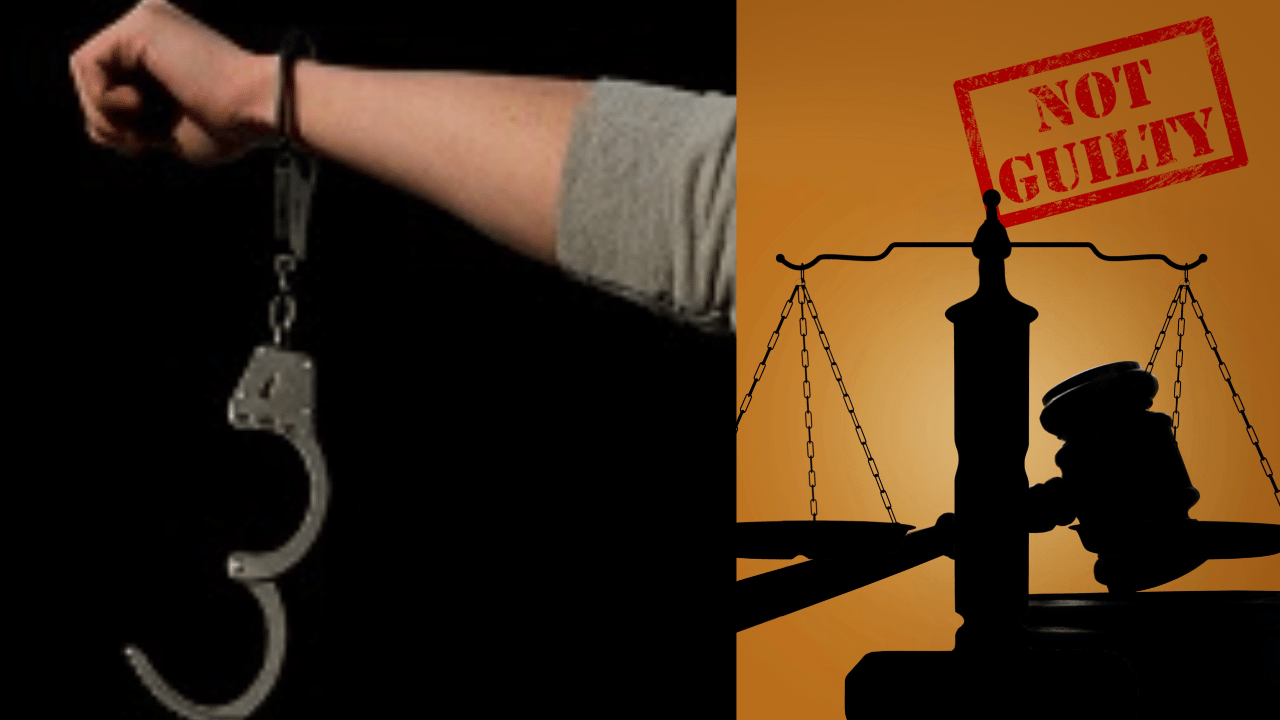The Supreme Court’s recent verdict acquitting Anwar alias Bhugara of charges under Sections 394 and 397 of the Indian Penal Code, 1860, and Section 25 of the Arms Act, 1959 after almost 28 years of legal battle raises several questions about the efficacy of our criminal justice system.
This case, which dates back to April 5, 1994, highlights the need for a fair and just legal system that upholds the rights of the accused and ensures that justice is delivered in a timely manner.
The case against Anwar was based on allegations of looting and the recovery of a pistol from him. However, the Supreme Court overturned the conviction and sentence imposed on Anwar by the lower court and the High Court, citing doubts on the prosecution’s case and the inability to prove Anwar’s guilt beyond a reasonable doubt.
The acquittal of Anwar after almost three decades of legal battle highlights the flaws in our criminal justice system. It is alarming that it took so long for the Supreme Court to overturn the conviction, and it raises questions about the quality of evidence presented by the prosecution, the conduct of the trial, and the judicial process itself.
One of the fundamental principles of our legal system is the presumption of innocence until proven guilty. This principle ensures that the burden of proof lies with the prosecution, and the accused is given a fair chance to defend themselves. In the case of Anwar, the Supreme Court observed that the prosecution’s case was based on excessive suspicion, and the evidence presented was not strong enough to prove his guilt beyond a reasonable doubt. This highlights the need for the prosecution to present clear and convincing evidence to prove the guilt of the accused.
The case of Anwar also raises questions about the conduct of the trial and the judicial process. It is concerning that it took almost 28 years for the Supreme Court to overturn the conviction and acquit Anwar. The delays in the trial and appeal process can have serious consequences for the accused, as they may have to spend years in jail awaiting a verdict. This is a violation of their right to a speedy trial, which is an essential component of a fair and just legal system.
The case of Anwar also highlights the need for reforms in our criminal justice system. The delays in the trial and appeal process can be attributed to several factors, including the shortage of judges, the backlog of cases, and the slow pace of the legal system. These issues can be addressed by increasing the number of judges, improving the infrastructure of courts, and implementing technological solutions to streamline the legal process.
Another issue that needs to be addressed is the quality of investigation and evidence presented by the prosecution. The prosecution should be required to present clear and convincing evidence to prove the guilt of the accused. This can be achieved by improving the training and capacity of the police and the prosecution, and ensuring that they have access to modern investigative techniques and equipment.
Safdarjung Hospital doctor arrested by CBI









Leave a Reply